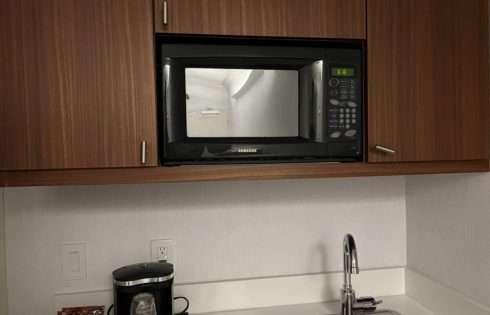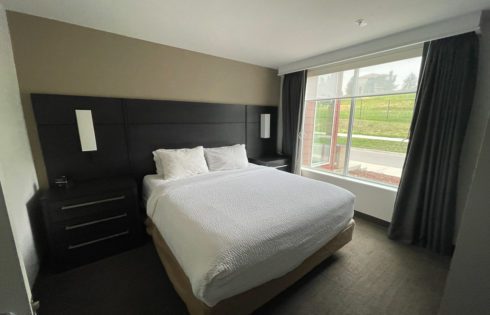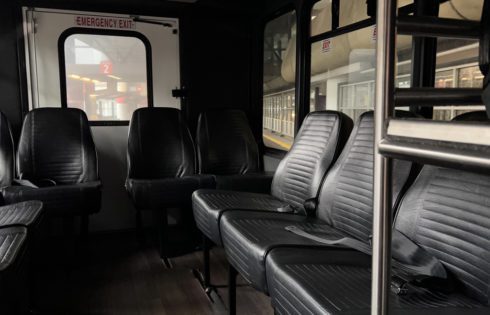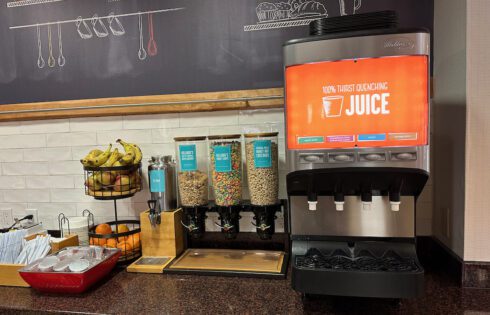
Do Hotels Provide Microwaves? (How To Get One)
Are you contemplating a hotel reservation but curious about the availability of a microwave? Maybe you’re picturing enjoying some restaurant leftovers in your room or simply need to heat up

Are you contemplating a hotel reservation but curious about the availability of a microwave? Maybe you’re picturing enjoying some restaurant leftovers in your room or simply need to heat up

The digital nomad lifestyle is a dynamic and ever-changing existence, demanding adaptability, resourcefulness, and a zest for exploration. For the past six months, my partner and I have embarked on

So you are staying at a hotel but you are not quite feeling the hotel restaurant or room service. Or perhaps you are over the continental breakfast and looking for

Have you ever wanted to get into your hotel room early so that you can enjoy your hotel experience longer or simply get some much-needed rest? Well, it’s very possible

Some businesses require or ask employees to share hotel rooms when on business travel. As a frequent traveler and business owner who values high-performing employees, I am here to tell

This is sort of Part II of my blog post: Can You Live in a Hotel? Or Better Yet, Should You? At that time, I’d thought about living abroad in

Have you ever been in a hurry to get to your hotel room, only to be delayed by the slow-closing elevator doors? You press the “close door” button, but it

Are you considering a stay at the Residence Inn and curious about the breakfast arrangements? You may be wondering what to anticipate. Will it be a grand feast that fills

Are you planning a trip and wondering about the most convenient way to get from the airport to your hotel? Many hotels offer airport shuttle services that can save you

Are you planning on staying at the Hampton Inn anytime soon and wondering about the breakfast situation? You might be wondering exactly what you can expect. Will it be a
| Cookie | Duration | Description |
|---|---|---|
| cookielawinfo-checkbox-analytics | 11 months | This cookie is set by GDPR Cookie Consent plugin. The cookie is used to store the user consent for the cookies in the category "Analytics". |
| cookielawinfo-checkbox-functional | 11 months | The cookie is set by GDPR cookie consent to record the user consent for the cookies in the category "Functional". |
| cookielawinfo-checkbox-necessary | 11 months | This cookie is set by GDPR Cookie Consent plugin. The cookies is used to store the user consent for the cookies in the category "Necessary". |
| cookielawinfo-checkbox-others | 11 months | This cookie is set by GDPR Cookie Consent plugin. The cookie is used to store the user consent for the cookies in the category "Other. |
| cookielawinfo-checkbox-performance | 11 months | This cookie is set by GDPR Cookie Consent plugin. The cookie is used to store the user consent for the cookies in the category "Performance". |
| viewed_cookie_policy | 11 months | The cookie is set by the GDPR Cookie Consent plugin and is used to store whether or not user has consented to the use of cookies. It does not store any personal data. |
